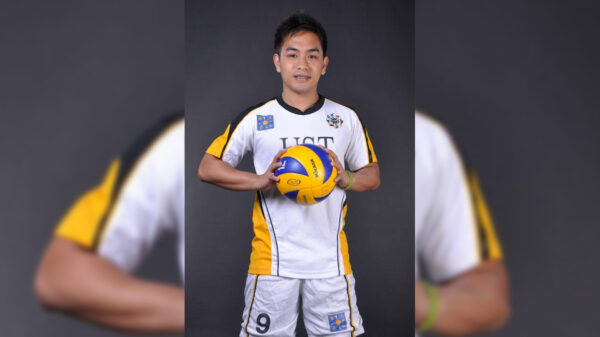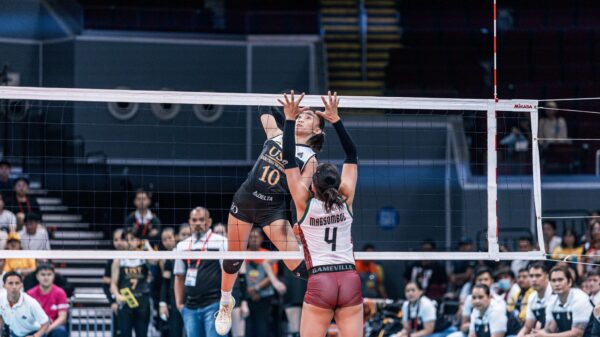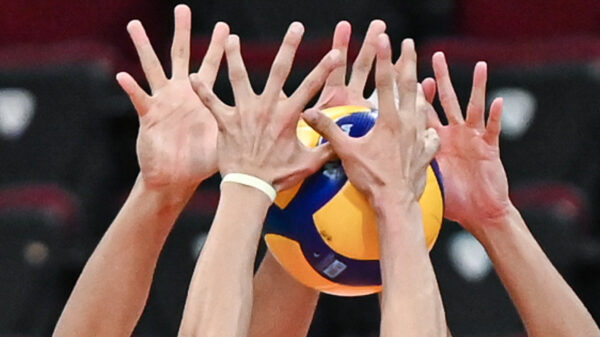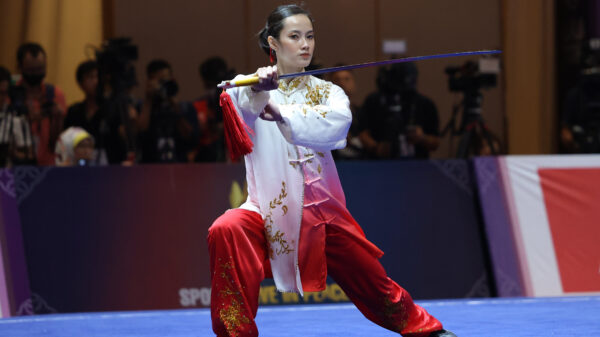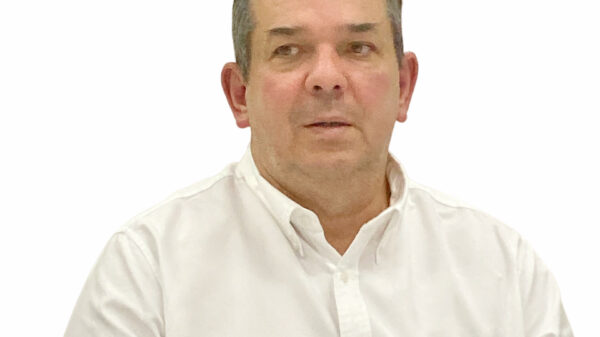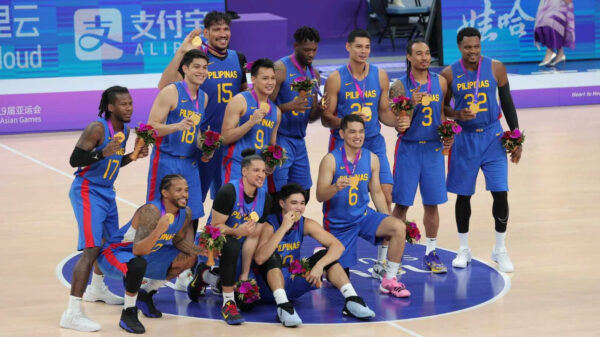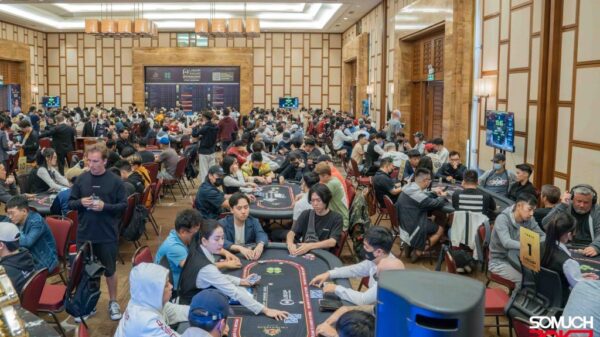Tim Cone will finally join Gilas Pilipinas coaching staff in preparation for the FIBA World Cup Qualifiers.
Gilas head coach Chot Reyes made the confirmation, saying that Cone will formalize his participation in the national team program during their coaches’ meeting on Saturday.
Reyes said Cone will be helping out in forming the pool that will start training on 15 August and will duke it out against FIBA Asia Cup runner-up Lebanon and Saudi Arabia on the 25th and the 29th, respectively.
“We have one more meeting with coaches on Saturday, actually with the Gilas coaching staff, including coach Tim Cone already,” said Reyes, who will also have Jong Uichico, Goldwyn Monteverde and Nenad Vucinic as deputies.
“We’ve had several discussions with Tim, but this is the first time that he’s going to actually sit down with the rest of the coaching staff to brainstorm and put that final pool together.”
Cone’s inclusion to the Gilas’ think tank is one of the major developments on Samahang Basketbol ng Pilipinas’ (SBP) call for unity among all stakeholders.
And with the clamor for a definite change in Gilas underwhelming status, the 64-year-old Ginebra tactician’s entry couldn’t be any better.
Although the Kings lost in the quarterfinals of the Philippine Basketball Association Philippine Cup, Cone is expected to provide the schemes and strategies he learned during his brief stint with Miami Heat in the National Basketball Association Summer League.
It’s not the first time that Reyes and Cone will be teaming up for the Nationals.
The two already worked together when Cone led the Philippine Centennial Team that ruled the William Jones Cup in 1998 and won a bronze medal in the 1998 Asian Games in Bangkok.
Reyes also revealed their plan of beefing up their coaching lineup by acquiring the services of two to three European coaches for their World Cup buildup.
“We’ve constantly been talking, I have a roster of two or three other European coaches,” Reyes said.
“But, of course, it is not that simple because they have their own schedules and other things to do and then when they come here there are no practices, so it’s not as easy as you would think.”

